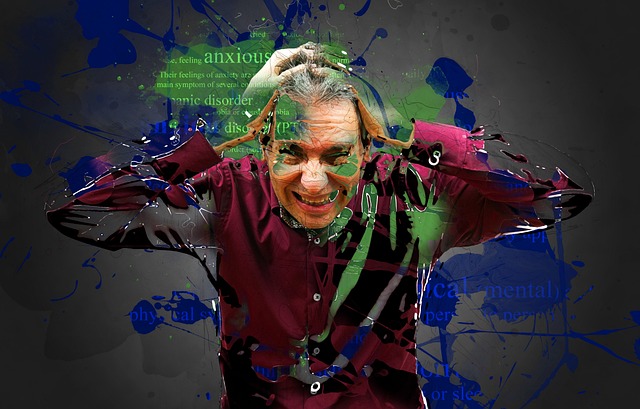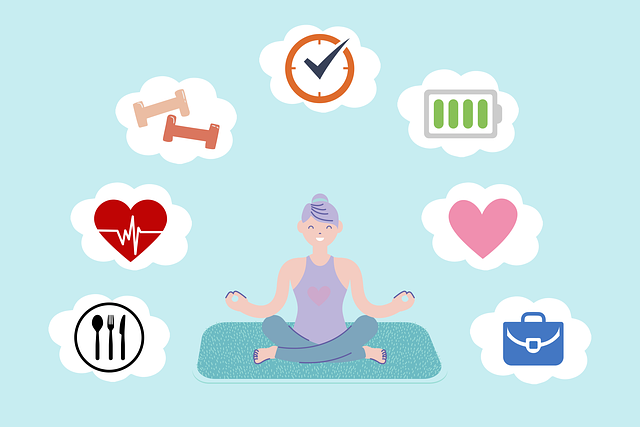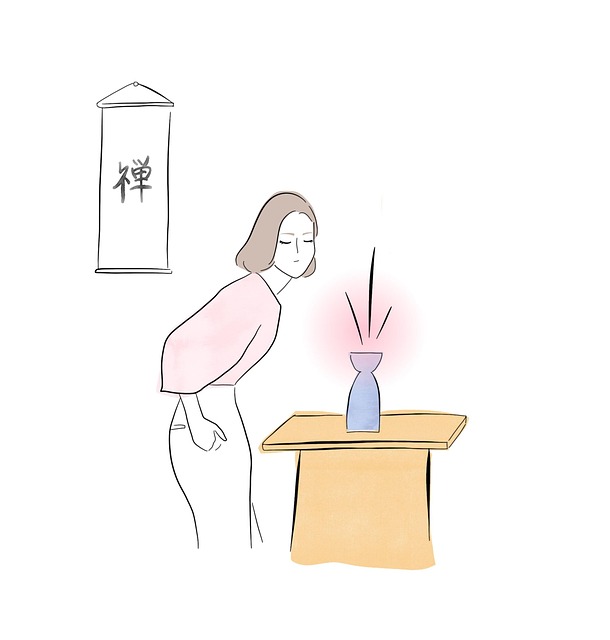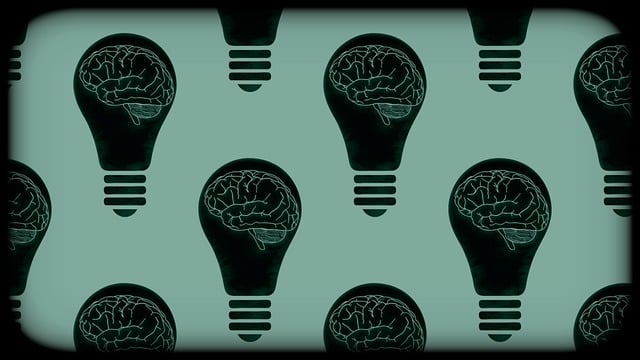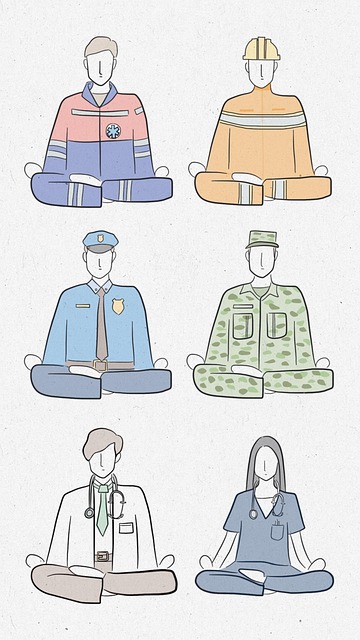Resilience is crucial for young adults' mental well-being, and Resourceful Fronting and Management (RFM) therapy offers a powerful solution through hypnosis. This innovative approach teaches individuals to reframe stressful situations, gain control, and adaptively respond using techniques like hypnosis, integrating coping skills development and promoting mental health awareness. Hypnosis facilitates deep relaxation, increased self-awareness, and healing, making it an effective strategy in building resilience in young adults' therapy. By incorporating daily self-care practices, such as mindfulness meditation and progressive muscle relaxation, along with RFM and hypnosis, young adults gain tools for emotional stability, confidence, and adaptability to navigate life's challenges.
“Uncover the power of RFM (Resilience, Flexibility, and Mastery) in fostering mental fortitude among young adults. This comprehensive guide explores how resilience-building exercises can be a game-changer in therapy. We delve into the impact of hypnosis as a tool to enhance well-being, offering practical strategies for professionals.
From understanding RFM’s role in therapy to integrating practical exercises, this article provides insights for helping young adults navigate life’s challenges. Discover how these techniques contribute to improved mental health and overall resilience.”
- Understanding RFM and Its Impact on Resilience
- The Role of Hypnosis in Enhancing Young Adult Well-being
- Practical Exercises for Building Mental Fortitude
- Benefits and Considerations for Therapy Integration
Understanding RFM and Its Impact on Resilience

Resilience is a vital component of mental health, especially for young adults navigating life’s challenges. Understanding RFM (Resourceful Fronting and Management) offers valuable insights into enhancing resilience. This therapeutic approach encourages individuals to confront and reframe stressful situations, fostering a sense of control and empowering them to respond adaptively. Through techniques such as hypnosis, young adults can explore their thoughts and emotions, identifying resources—internal and external—that support well-being.
In the context of therapy for young adults, RFM is a game-changer in mental health education programs design. By integrating coping skills development, these exercises promote mental health awareness, enabling individuals to face adversity with newfound strength. Hypnosis, as a tool within this framework, facilitates deep relaxation and heightened self-awareness, making it an effective component of resilience building.
The Role of Hypnosis in Enhancing Young Adult Well-being

Hypnosis offers a unique and powerful tool for enhancing the well-being of young adults. As a therapeutic technique, it can help individuals access their subconscious mind, where many deeply rooted emotions, beliefs, and memories reside. By utilizing hypnosis sessions tailored to their specific needs, young adults can embark on a journey of self-discovery, healing, and growth. This process allows them to overcome challenges related to stress, anxiety, and low self-esteem—common issues that often surface during the formative years.
Incorporating mental wellness coaching programs designed with hypnosis in mind, young adults can develop resilience and coping mechanisms. These sessions can be particularly beneficial for those seeking a natural alternative to traditional therapy or looking to complement their existing mental health education programs. Hypnosis facilitates a state of deep relaxation, making it easier for young adults to reframe negative thoughts, boost confidence, and cultivate a positive mindset—all essential aspects of overall mental wellness.
Practical Exercises for Building Mental Fortitude

Building mental fortitude is a vital aspect of resilience, especially for young adults navigating life’s challenges. Practical exercises such as mindfulness meditation and progressive muscle relaxation can help individuals manage stress and anxiety effectively. These techniques, often integrated into therapy for young adults, teach them to recognize and control their emotional responses, fostering a sense of calm under pressure.
Hypnosis is another powerful tool that aids in self-esteem improvement and depression prevention. Through guided imagery and deep relaxation, hypnosis allows individuals to access their subconscious mind, challenging negative beliefs and replacing them with positive affirmations. By incorporating self-care practices into their daily routines, young adults can enhance their mental resilience, ensuring they have the coping mechanisms needed to navigate life’s twists and turns with newfound confidence and emotional stability.
Benefits and Considerations for Therapy Integration

The integration of Resilient Mindset (RFM) exercises and therapy offers a powerful approach to enhancing emotional resilience in young adults. By combining techniques like hypnosis with traditional therapeutic practices, professionals can create a supportive environment for personal growth. Hypnosis, in particular, has been shown to improve self-awareness and access to the subconscious mind, allowing individuals to reframe negative thought patterns and develop coping mechanisms.
This holistic strategy not only addresses symptoms of mental health challenges but also fosters emotional intelligence and empathy building strategies. Self-awareness exercises, when combined with hypnosis, can help young adults better understand their triggers and responses, leading to increased adaptability and resilience in navigating life’s stressors. Such an integrated approach has the potential to revolutionize therapy for young adults, empowering them with the skills to navigate life’s challenges with greater ease and confidence.
RFM exercises, when combined with therapy techniques like hypnosis, offer a powerful approach to building resilience in young adults. By understanding their RFM and utilizing practical mental fortitude exercises, individuals can enhance their well-being and navigate life’s challenges more effectively. Hypnosis specifically serves as a valuable tool for therapy integration, enabling deep relaxation, improved focus, and positive behavioral changes. With the right support, young adults can develop a strong foundation of resilience that benefits them throughout their lives. For those seeking therapy for young adults, incorporating RFM practices with hypnosis presents a promising path towards emotional well-being and personal growth.



